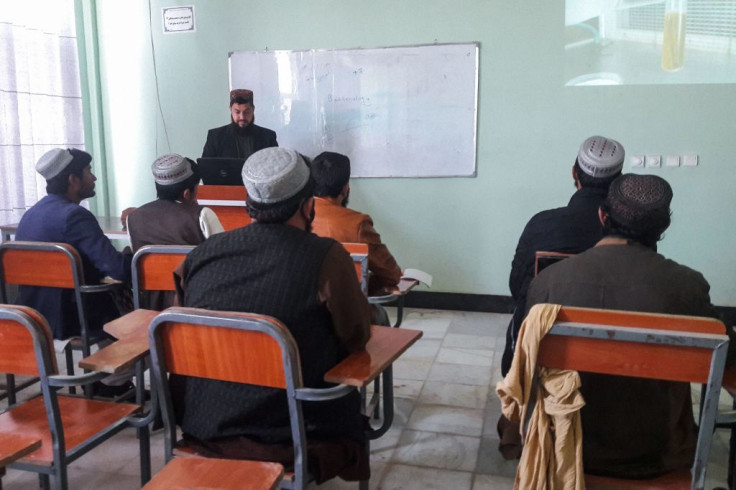The Taliban has reopened public universities for female students in six of the country’s 34 provinces. On Wednesday, the radical Islamic government made the initial move just a week after a Taliban delegation had talks with Western officials in Norway regarding improving the rights of Afghani women. The group came under pressure as they sought to unlock billions of dollars in frozen aid and seized assets in an effort to reach a concession on international demands.
According to Al Jazeera, universities in Laghman, Kandahar, Farah, Nangarhar, Nimroz, and Helmand provinces have opened their gates to a small trickling of women. In Nangarhar, the students who braved the newly imposed educational opportunity were seen entering one of the largest government universities via a separate door.
Despite the announcement, women are still apprehensive about going out to attend the classes in fear that the Taliban would still stop them on their way. However, Taliban fighters were also spotted guarding the university entrance with a tri-pod-mounted machine gun.
Female students were garbed in their traditional burqa or full-bodied veils, while the men were dressed in tunics called shalwar kameez. Male students typically commute to the campus in local taxis and buses. The men are to attend classes in the morning while women’s classes are all scheduled in the afternoon.
Meanwhile, Abdul Baqi Haqqani, the Taliban-appointed education minister, said that other public universities elsewhere in Afghanistan will begin reopening for both men and women on Feb. 26 as the government tries to implement a staggered process in adapting this new ruling.
The Taliban also announced that all girls’ schools will reopen by the end of March.
Since sweeping into power in August last year, the international community hung on to an edge of uncertainty at whether the Taliban will impose the same harsh restrictions they had pounded during their rule in the 1990s. Although the group has still imposed several restrictions on women, the Taliban has yet a far way to go in making any such drastic changes that may go against the rules of Sharia law.
Due to these questionable restrictions impeding women’s rights, international aid sanctions were laid on the Afghan government, triggering a humanitarian crisis in the country already devastated by war.

© 2025 Latin Times. All rights reserved. Do not reproduce without permission.





